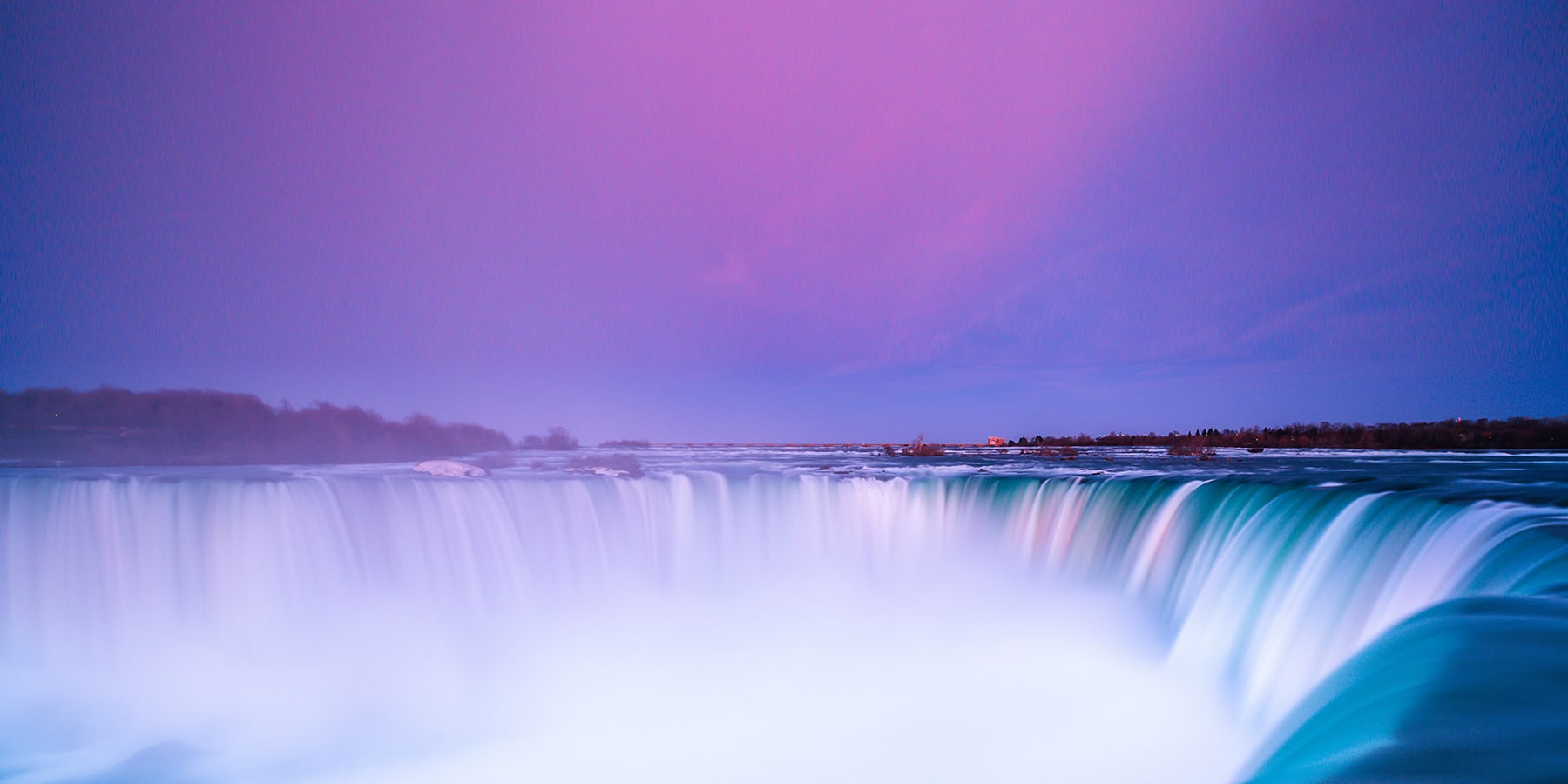Cold weather can freeze your home's pipes. Frozen pipes can stop your water or even burst, causing costly damage. Protect your pipes before they freeze, and know what to do if it happens!
Understanding your water service
- Water service line: Your water service pipe connects your home to the City’s water supply. The City owns the section from the watermain on the street to your property line. You own the section from the property line into your home
- Water shut-off valve: Know where your main water shut-off valve is inside your home so that you can locate it quickly to turn the water off if your pipe bursts. Make sure everyone in your home knows where it is and how it works. It is usually in the basement or utility room near where the water line enters the building
- Curb stop: A water curb stop controls the water supply to your property. Its purpose is to shut off water from the municipal water supply to the entire property. The curbstop is owned and managed by the City. It can be found outside in the front yard or the driveway. It is usually located on the property line, the boundary between public (city) and private property. It is buried underground and accessed through a small cover
How to prevent frozen pipes
Cold weather can freeze your pipes, but here are some simple things to avoid this:
- Seal air leaks in your home and garage, especially around your water lines. Check windows, doors, electrical wiring, dryer vents, and pipes. Use caulk or insulation to keep cold air out
- Disconnect and drain all outdoor hoses, faucets and sprinklers before winter
- Insulate water lines with a pipe sleeve, especially in unheated areas like crawl spaces, basements, attics and storage rooms
- Insulate all exposed outside water pipes with foam pipe covers
- Keep cupboard doors open if they are beside exterior walls and contain water lines, as this will allow warmer air to circulate around the plumbing
- Do not set the furnace lower than 12C (55F), even at night or while you are on vacation
- If you're away: Before you leave, keep the heat on and do not turn off the furnace. Have a trusted person check your home while you're away
How to thaw frozen pipes
If you turn on the taps and no water comes out, your pipes might be frozen.
If a pipe breaks you need to locate the shut-off valve and turn the water off in your house until the pipe is repaired.
- Open a tap: Turn on a cold water tap in the basement, such as in the laundry room, so you can see when the water service is restored
- Apply heat: Warm the pipes by:
- Using an electric heating pad or hair dryer (angled towards the pipe)
- Placing a warm towel on the pipe
- Run a space heater nearby
- DO NOT leave any electrical devices unattended
- Be patient: Thawing can take 1 to 6 hours, depending on the temperatures and how much of the pipe is frozen
- Check for damage: Once thawed, slowly turn the water back on and check pipes and joints for any cracks or leaks
Important safety tips:
- Never use an open flame. A torch can cause a fire or overheat the pipe, causing it to burst
- Avoid electrical hazards. Don’t use electrical devices in areas with standing water, or you could be electrocuted
Be certain to follow these precautions to protect yourself & your property if you attempt to thaw frozen water lines on your own:
- While attempting to thaw the water line, turn on a cold water tap in the basement so you can see if water service is restored.
- Use a blow dryer, aimed at an angle, on the exposed pipe near your water meter. Only do this for between one and two hours. Do not leave the blow dryer unattended.
- Place a warm towel or rag around the pipe.
- Make sure everyone in your home knows where the main water shut-off valve is located and how it works. If a pipe bursts, you will need to shut off water from the main valve.
- Do not: Use a torch or anything with an open flame to thaw water pipes. Not only is it a fire risk, but you could overheat one area of the pipe, causing it to burst or the joints to pull apart.
- Do not: Use electrical appliances in areas of standing water as you could be electrocuted.
Hiring a plumber
Contact a licensed plumber if you can’t locate or thaw the frozen pipe or if it bursts. If your pipe bursts, immediately turn off the water supply by closing the main water shut-off valve.
Ask your plumber these questions:
- Is your plumber licensed and insured?
- Do they have the proper equipment to thaw frozen water lines?
Contact the City
- If you’re unsure whether the issue is on your property or the City’s side, call the Municipal Service Centre at 905-356-1355. City crews can investigate
- If the frozen section is on private property, you’ll need to hire a plumber
